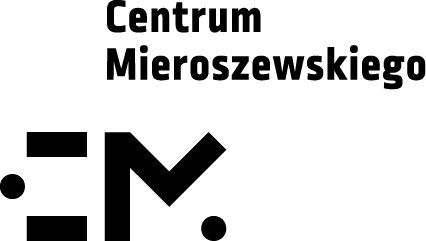“My dearest Mum! Although I know that my letters might not reach you, Mum, I am still drawn to write. It is already the 17th day of the voyage; for 3 days we have been travelling by water, not by boat but by barge, crammed like a tin of sardines. We sleep and sit on a dirty floor, often unable to even find a place to sit down. How long it will be… this we do not know, everything is a great mystery…”
Helena Grodecka-Możdżeniowa was one of about 90,000 victims of the third great deportation, which began on 29 June 1940. Most of those deported were refugees from the German occupation, mostly Jews. Poles accounted for about 11%. Helena Grodecka-Możdżeniowa was considered a “fugitive” by the Soviets, even though she was a native of Lviv, as she and her husband had lived in Cracow before the war. When Major Jan Możdżeń went to fight in the 1939 defensive war, she went back to her home town.
She began writing her diary on 17 July 1940 on a barge near Tobolsk, first in the form of letters to her mother, never sent. Her mother was not deported because the Soviets did not know they were related – when they came for her both of them denied it, as Helena wrote in one of her letters: “I felt terrible that we had to renounce each other at such a moment. But it was for your sake, Mum. I knew that you would not have been able to bear such an inconvenience. And then, when you stood with Ola at the railway station and only saw me from afar in the cattle car, you made the sign of a cross in the air, blessing me for the journey.” After six years of drudgery, Helena returned to Cracow, where she was reunited with her mother.




